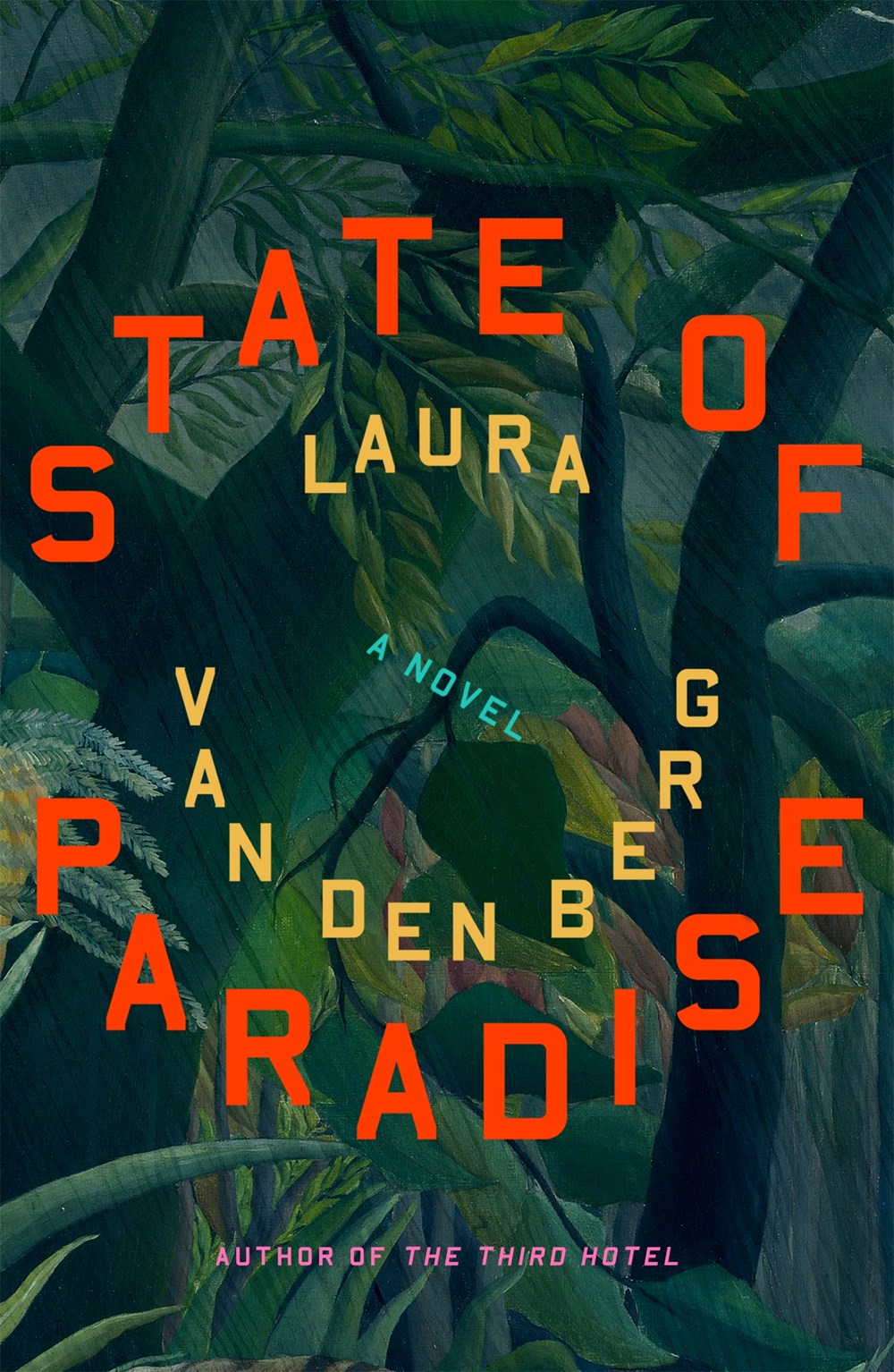“Sad Grownups” Explores What Sadness Says About Life

Table of contents
Rechercher dans ce blog
- janvier 202614
- décembre 202510
- novembre 20259
- octobre 202515
- septembre 202518
- août 202516
- juillet 202519
- juin 202515
- mai 202519
- avril 202515
- mars 202518
- février 202515
- janvier 202511
- décembre 202412
- novembre 202414
- octobre 202419
- septembre 202419
- août 202415
- juillet 202419
- juin 202418
- mai 202417
- avril 202418
- mars 202421
- février 202417
- janvier 202412
- décembre 202314
- novembre 202315
- octobre 202319
- septembre 202318
- août 202318
- juillet 202314
- juin 202317
- mai 202317
- avril 202311
Qui êtes-vous ?
Recent in Technology
“Paradise”: A Pandemic Novel that Offers a Way Forward
Laura van den Berg’s most recent novel, State of Paradise, plays in the gap between realist and speculative fiction. In many ways, the book starts off on familiar ground. It is a pandemic novel and, for most of the beginning, events ring familiar. The unnamed first-person narrator goes to Florida to see her dying father in the late winter of 2020. The fever breaks out, and the narrator and her husband retreat to her mother’s house outside of Orlando. The narrator is a ghostwriter for a famous thriller author; her husband is a history professor researching pilgrimages. In late spring, Florida’s “Cro-Magnon” governor announces “that the emergency [is] over and everything [will] return to how it was before.” The narrator reflects, “I thought that I was pretty well acquainted with the world I lived in, but then the pandemic happened and that world transformed into something else.”
The narrator’s return to Florida sends her backwards through memory to the years before she left the state for good, back when mental illness led to a stay at the Institute. Together with the narrator’s reflections on her job as a ghostwriter, the flashbacks of her breakdown and her subsequent institutionalization take up at least one-third of the book. She remembers the suicide attempts and the pit of feeling that preceded them that she calls the “wilderness.” In the Institute, the break between the narrator’s wilderness and the outside world’s reality is complete and frightening. She fears that she’ll never again join those on the outside.
The shifting reality of mental illness layers with the otherworldliness of the pandemic, but there is plenty more in State of Paradise that “is not as it seems.” During lockdown, MIND’S EYE headsets were delivered door to door. They “help people cope with the isolation” by allowing them to “slid[e] down into other worlds.” Other speculative elements include the physical changes after contracting the fever: the narrator’s belly button begins to recede and her younger sister’s eyes change color. Gradually, more weird stuff starts to happen. People disappear. Large sinkholes open. Rain pounds for a week from the cloudy sky. And then, during the flood, the narrator’s sister joins the faces on the posters of those who have disappeared.
There is no question that MIND’S EYE is responsible for the disappearances. The narrator’s sister has increasingly been dependent on the escape the headset offers, using it to talk to her dead father. The rest of the novel is plotted around the sisters teaming up to do their dead father’s wishes and find their twin half sisters. The action gets wacky: the narrator and her sister enter the MIND’S EYE world together and head to the famous thriller author’s headquarters. The author’s main assistant wears a white pant suit like Hilary Clinton while all the assistants write the novels from something like a bunker. But the plot isn’t State of Paradise’s central motor of compulsion. Instead, the interest in the book lies in its ability to pile on versions of reality to reveal a kind of palimpsest of strangeness that was the summer of 2020.
In Katy Waldman’s recent New Yorker essay on pandemic novels, she writes that “the best writing about COVID […] is flexible, figurative, and hard to pin down. Rather than narrating the pandemic, it drives home the fact that the pandemic happened: that something broke apart, dispersed, and remains to be reconstituted.” State of Paradise and van den Berg’s writing are exactly “flexible, figurative, and hard to pin down.” The novel tells a story about the change that happened to one woman during the summer of 2020 and, in doing so, it doesn’t offer any judgment or moral about that change. Instead, it offers a way through the strata of reality by way of art. Through reshaping the worlds we’ve passed through into story, we begin to make sense of them and learn how to keep going.

State of Paradise
By Laura van den Berg
Farrar, Straus and Giroux
Published July 9, 2024
People
Most Popular
Poet Rodney Jones Goes Home Again in “Alabama: Poems”
Incisive Questions about Mothering in “The Cracks We Bear”

Table of contents
Tags
Categories
Ad Code
Popular Post
“Sad Grownups” Explores What Sadness Says About Life




0 Commentaires